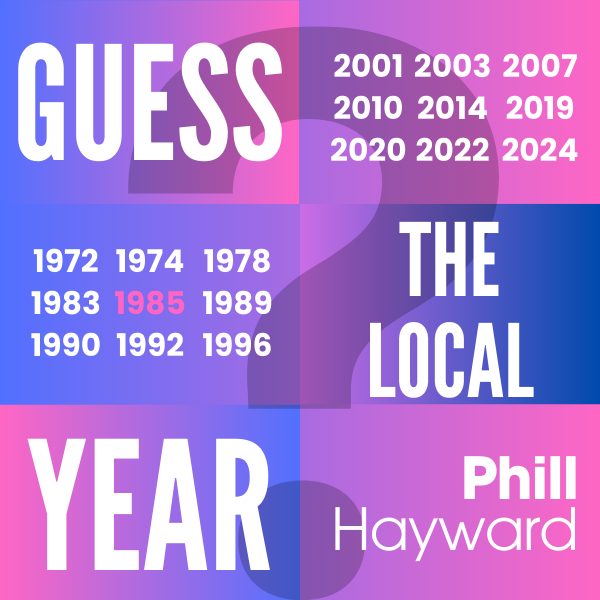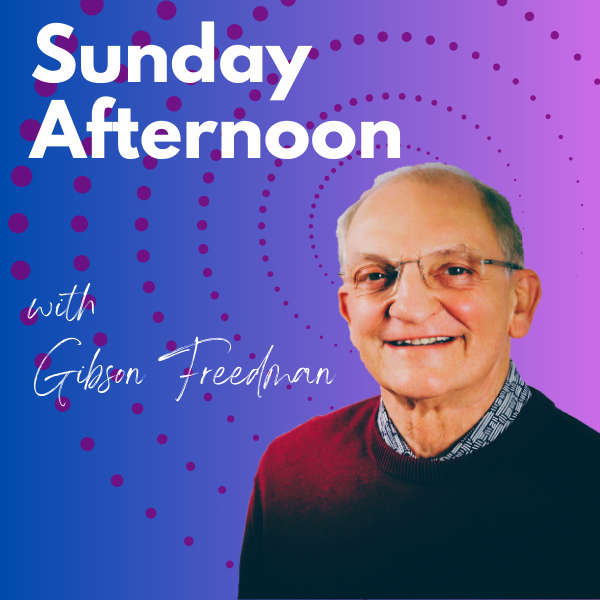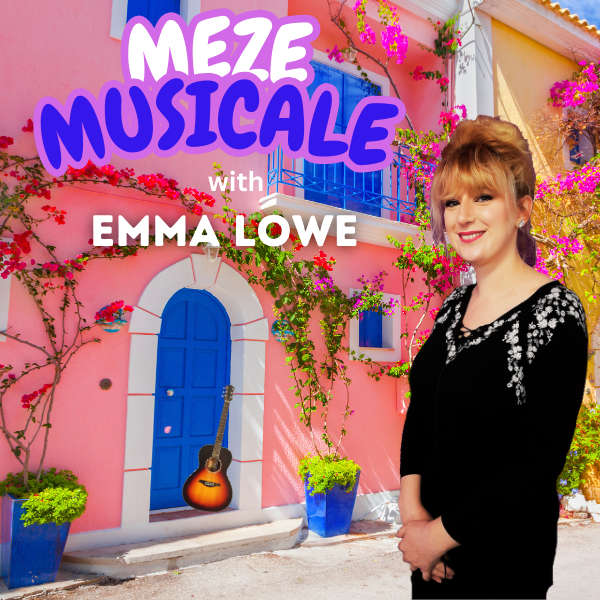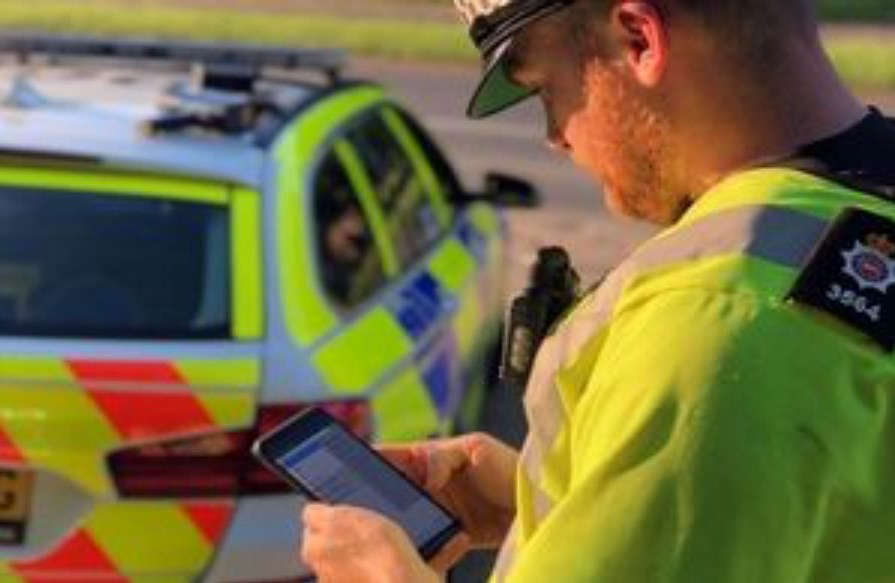
More than 200 people have either been arrested or given a ticket as part of a week of action to clamp down on dangerous drivers in the county.
The week of surge activity was all about Lancashire’s most vulnerable road users – namely children, the elderly, pedestrians, mobility device users, horse-riders, cyclists and motorcyclists – and how we can all do our bit to safeguard them.
As part of the week (September 18th-24th) Roads Policing officers were out and about looking for drivers putting those groups in danger.
Those stopped included:
28 people arrested for drink or drug-driving
13 people using a mobile phone at the wheel
12 people not wearing seatbelts – including two children
24 people speeding
156 people given traffic offence reports
The week of action last week was run nationally by the NPCC but was supported by Lancashire Police. Those targeted included people seen committing the ‘fatal five’ offences of driving under the influence of drink or drugs, speeding, using a mobile phone at the wheel, not wearing a seatbelt or otherwise driving in a dangerous way.
Ch Insp Matt Willmot, of the Lancashire Roads Policing Unit, said: “We know people who drive dangerously are the minority, however they are a minority who cause heartbreak and chaos in our county and we will not stand for it.
“This last week has been about highlighting that certain members of our communities are more vulnerable than others – and that we can all play a part in keeping those people safe on the road.
“The statistics for collisions where vulnerable road users are killed or seriously injured are shocking and what we want to see is a county where people can drive, walk or ride along our roads and be safe.
“As always we encourage all road users, including cyclists and horse-riders, to use dashcam and to report any offences caught on camera to us through Op Snap. We also urge motorists to report any dangerous driving to us, whether that is drink or drug-driving, speeding or someone regularly using a mobile phone at the wheel.”
You can report dangerous driving on 101, online or by calling 999 in an emergency or if somebody is in immediate danger.

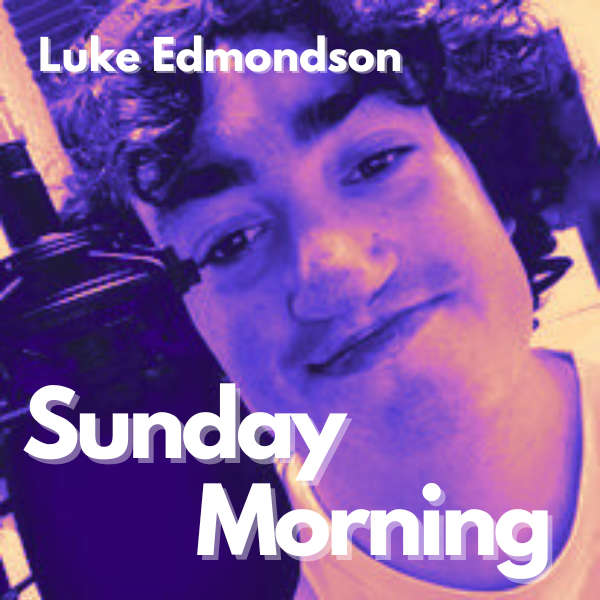

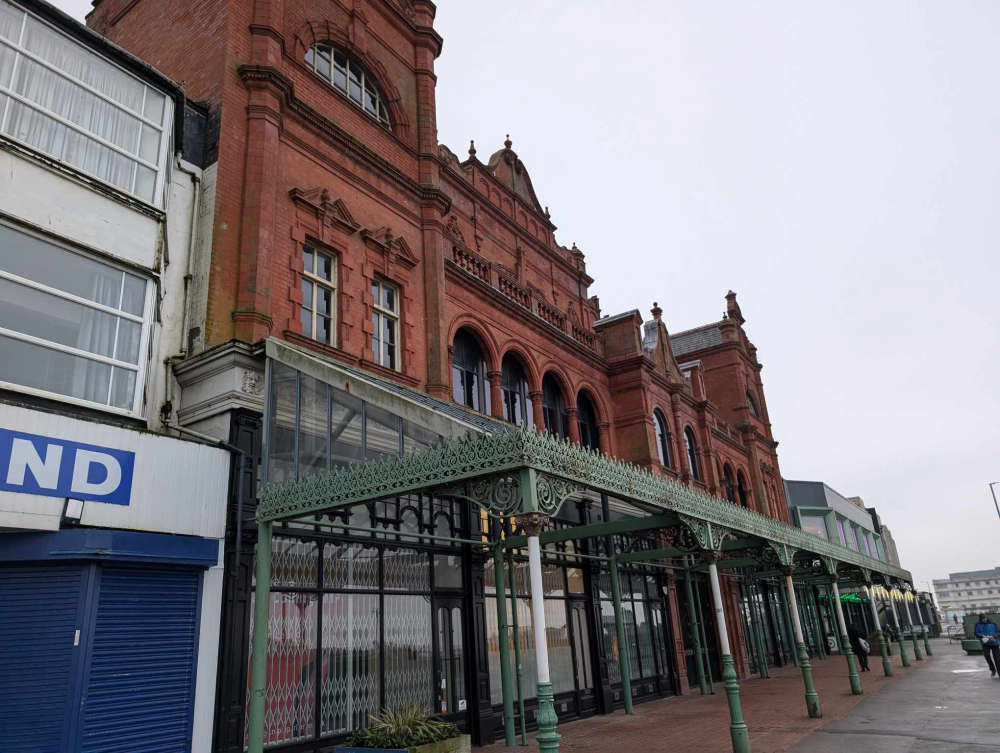 Morecambe Winter Gardens to open to public for new season
Morecambe Winter Gardens to open to public for new season
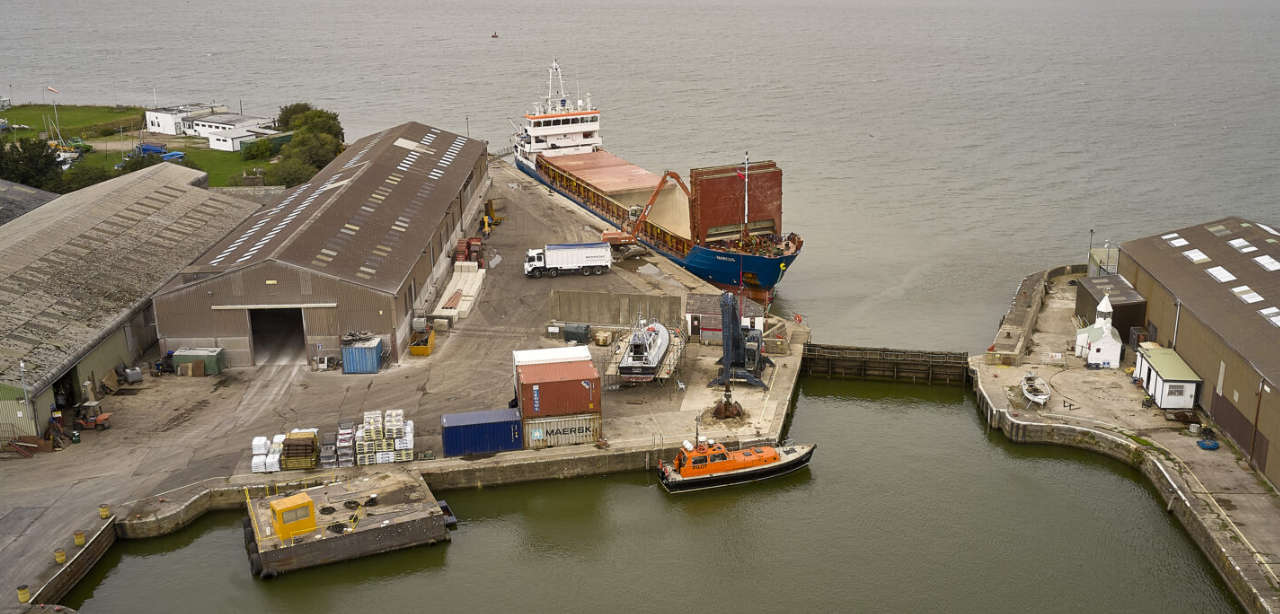 Cash for repairs to Lancaster Port gate announced in £6.5m flood defence package
Cash for repairs to Lancaster Port gate announced in £6.5m flood defence package
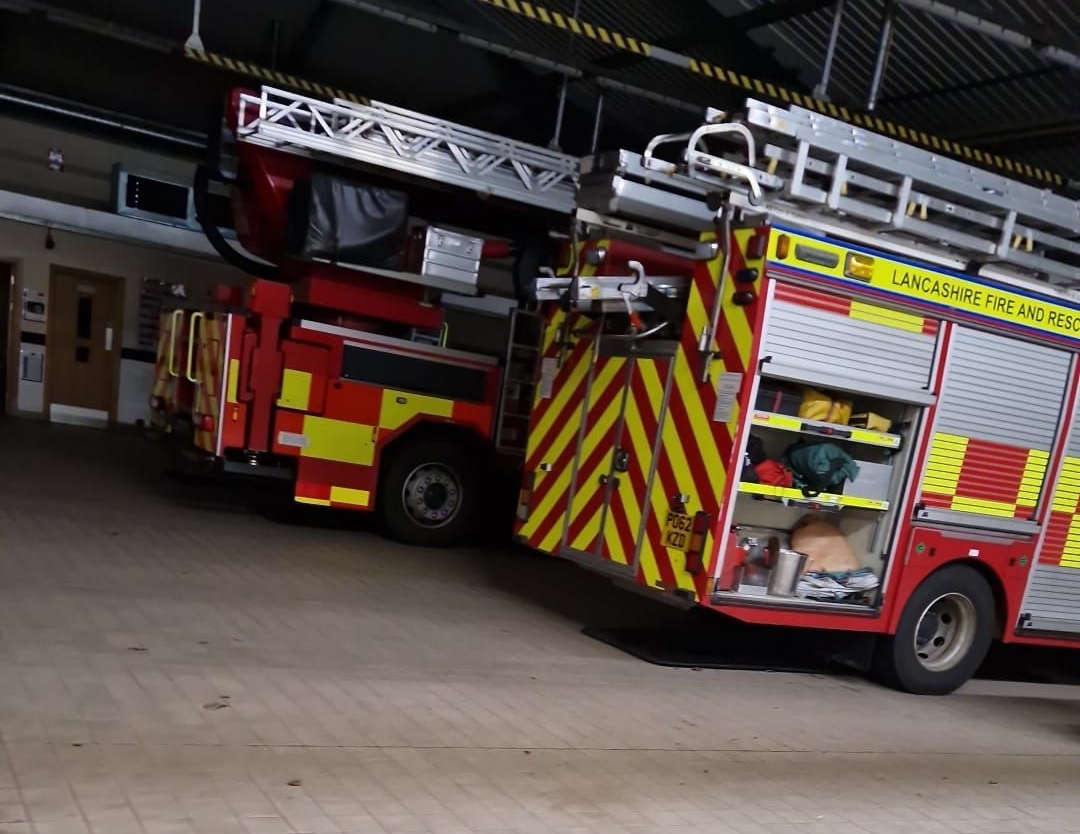 Carnforth fire crews issues safety advice after tackling blazes in the open
Carnforth fire crews issues safety advice after tackling blazes in the open
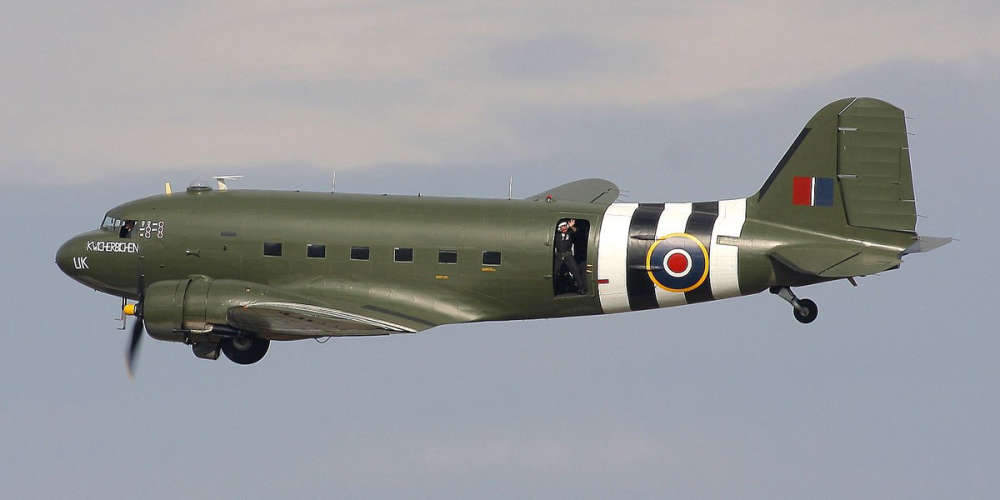 EXCLUSIVE: Battle of Britain Dakota display announced for Armed Forces Day in Morecambe
EXCLUSIVE: Battle of Britain Dakota display announced for Armed Forces Day in Morecambe
 Heysham school to open new nursery after government cash boost
Heysham school to open new nursery after government cash boost
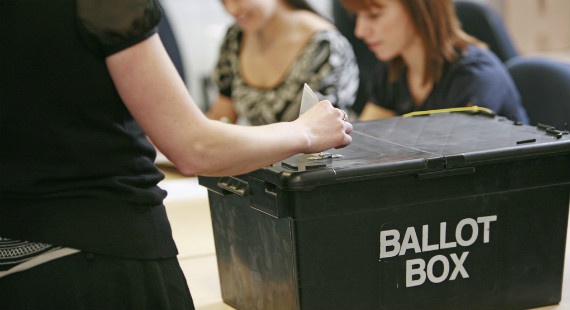 Local election candidates announced
Local election candidates announced
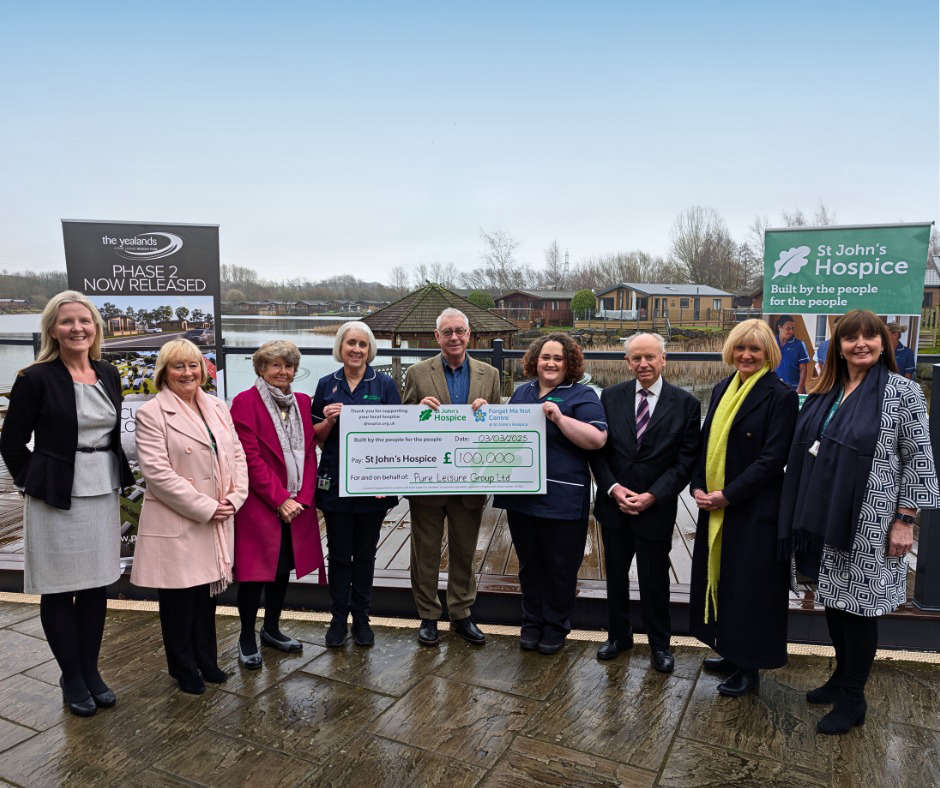 Holiday park empire donates £100K to Lancaster hospice
Holiday park empire donates £100K to Lancaster hospice
 Lancaster and Morecambe events will 'Spring into Action' over food
Lancaster and Morecambe events will 'Spring into Action' over food
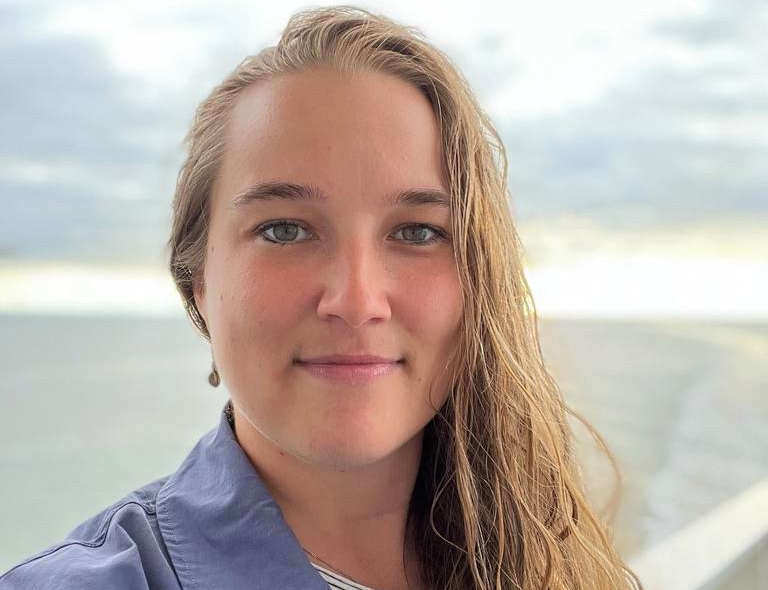 Lancaster City Council shortlisted for four local government awards
Lancaster City Council shortlisted for four local government awards
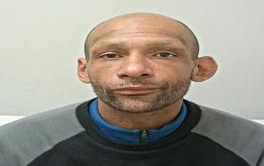 Man pleads guilty to Heysham murder
Man pleads guilty to Heysham murder
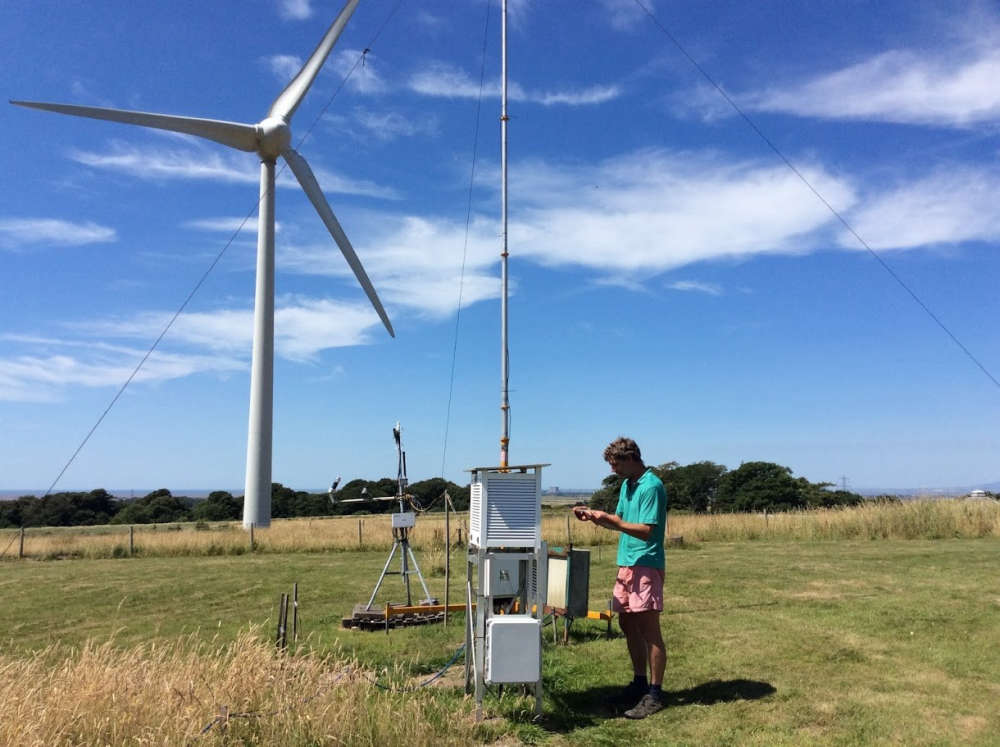 Driest March in Lancaster since records began
Driest March in Lancaster since records began
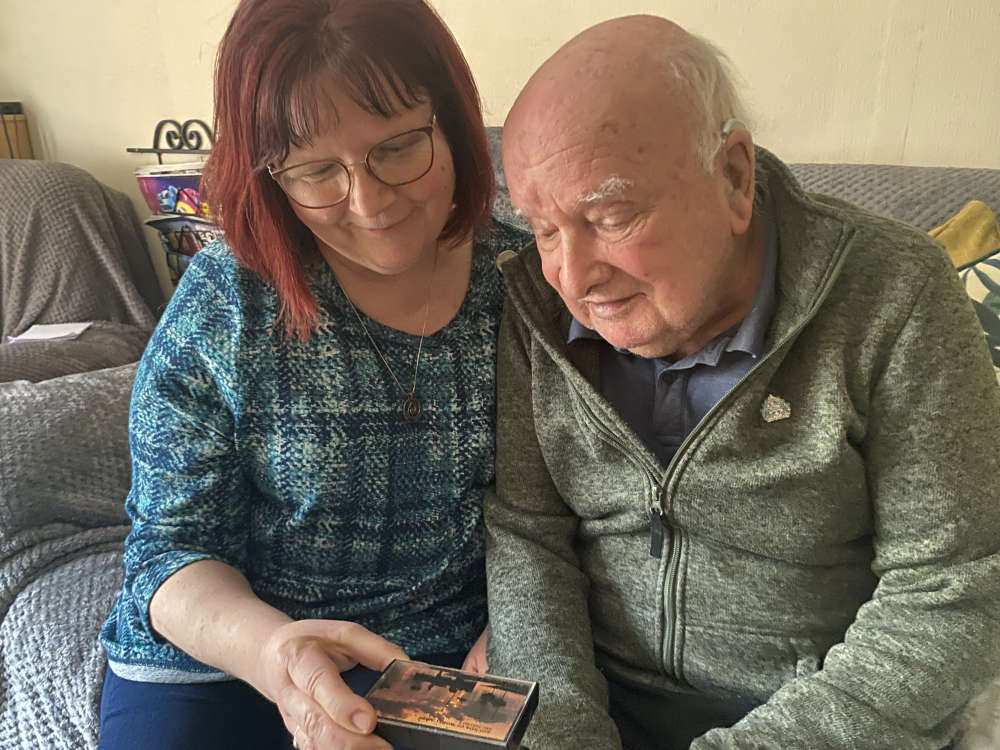 Pioneering Morecambe 'podcast' from 1980s unearthed after 44 years
Pioneering Morecambe 'podcast' from 1980s unearthed after 44 years
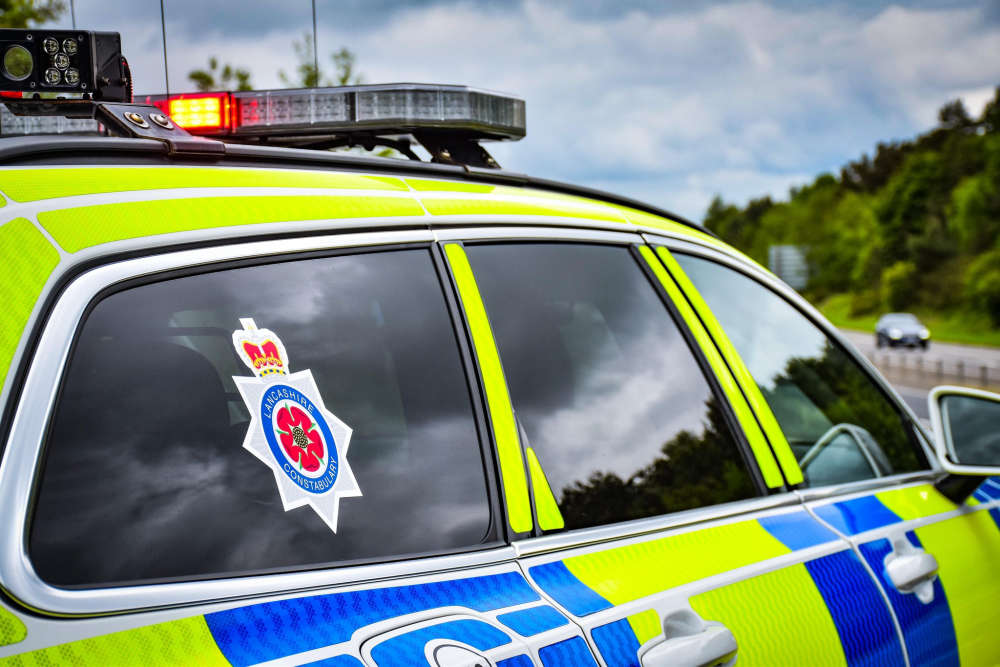 Lorry driver from Morecambe arrested after positive roadside drug test
Lorry driver from Morecambe arrested after positive roadside drug test
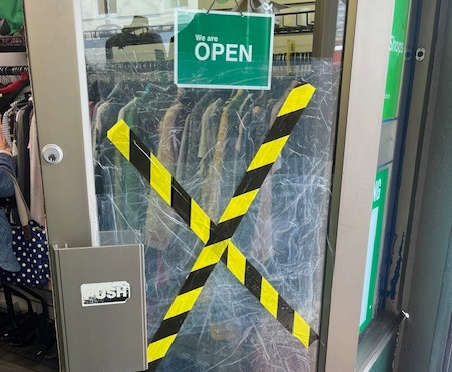 Hundreds raised after vandalism to Lancaster hospice shop
Hundreds raised after vandalism to Lancaster hospice shop
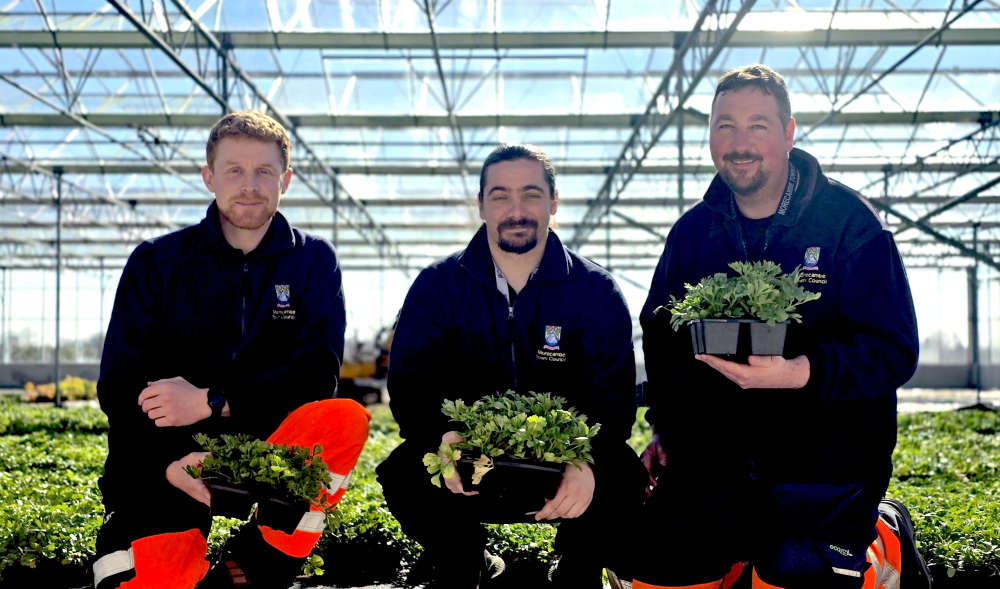 Plans under way to bring spring flowerbed planting back to Morecambe
Plans under way to bring spring flowerbed planting back to Morecambe
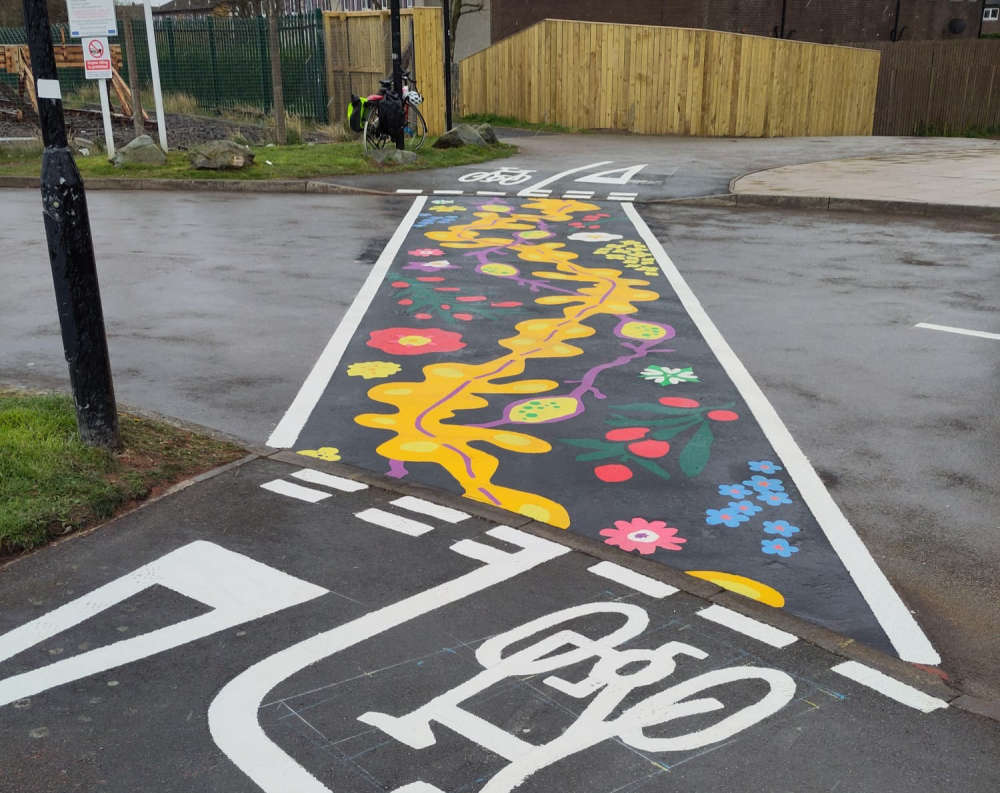 New cycle and pedestrian friendly crossing completed in Morecambe
New cycle and pedestrian friendly crossing completed in Morecambe
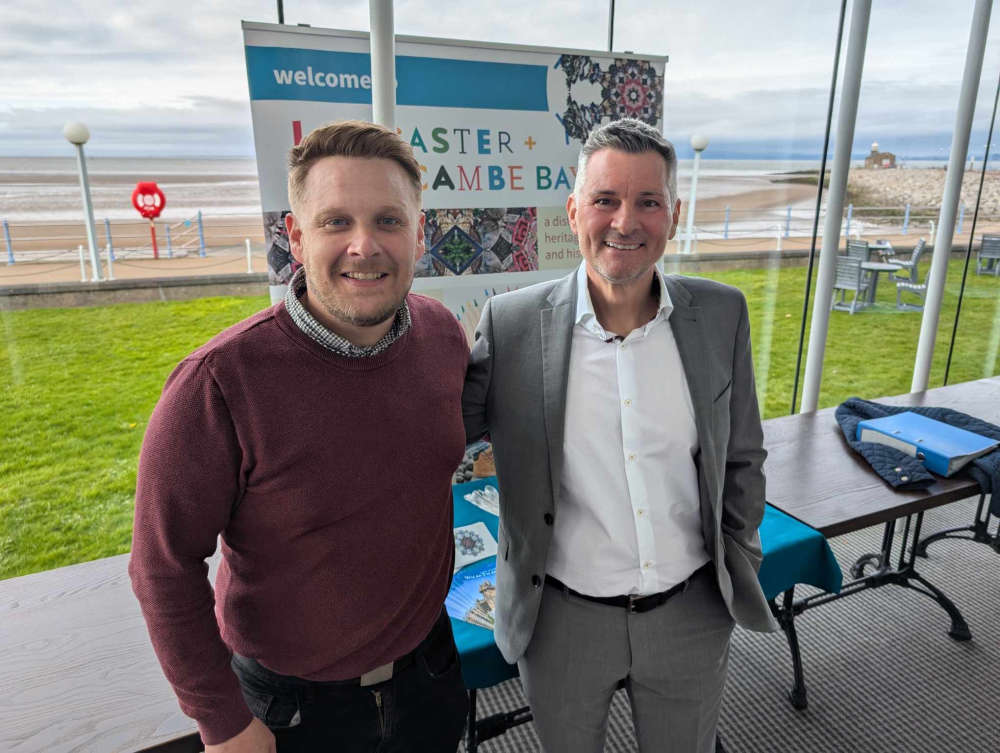 INTERVIEWS: Morecambe Bay visitor guide launched with high hopes for tourist season
INTERVIEWS: Morecambe Bay visitor guide launched with high hopes for tourist season
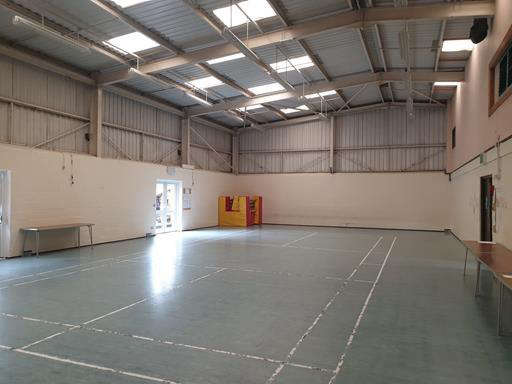 Council looking at ways to fund £1m refurb of village hall in Carnforth
Council looking at ways to fund £1m refurb of village hall in Carnforth
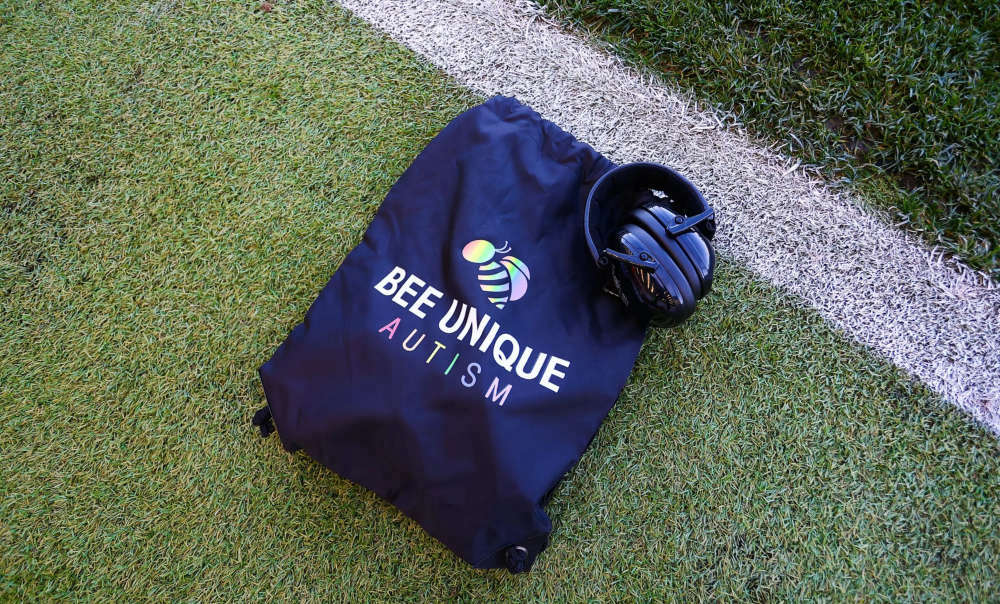 Pan-disability game at Morecambe FC will raise awareness of autism
Pan-disability game at Morecambe FC will raise awareness of autism
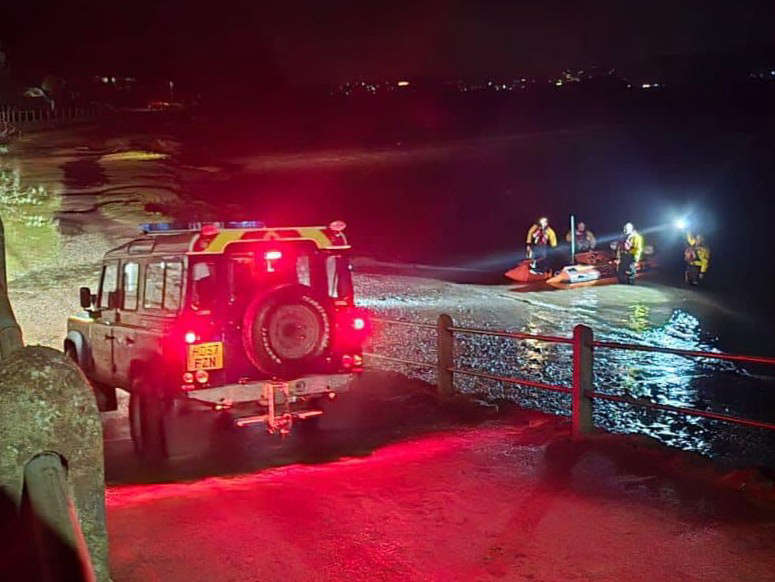 Morecambe lifeboat crew respond to reports of ‘flashing lights and red flares’
Morecambe lifeboat crew respond to reports of ‘flashing lights and red flares’


